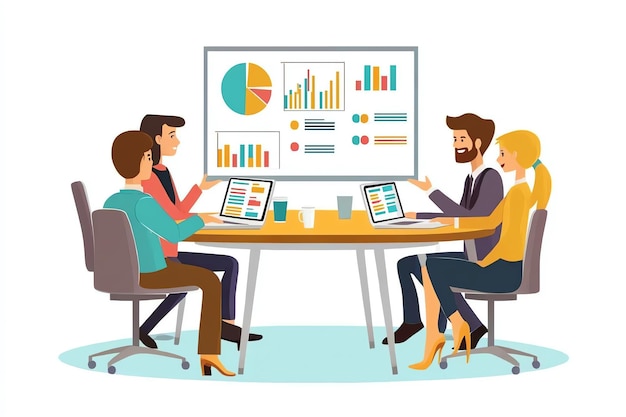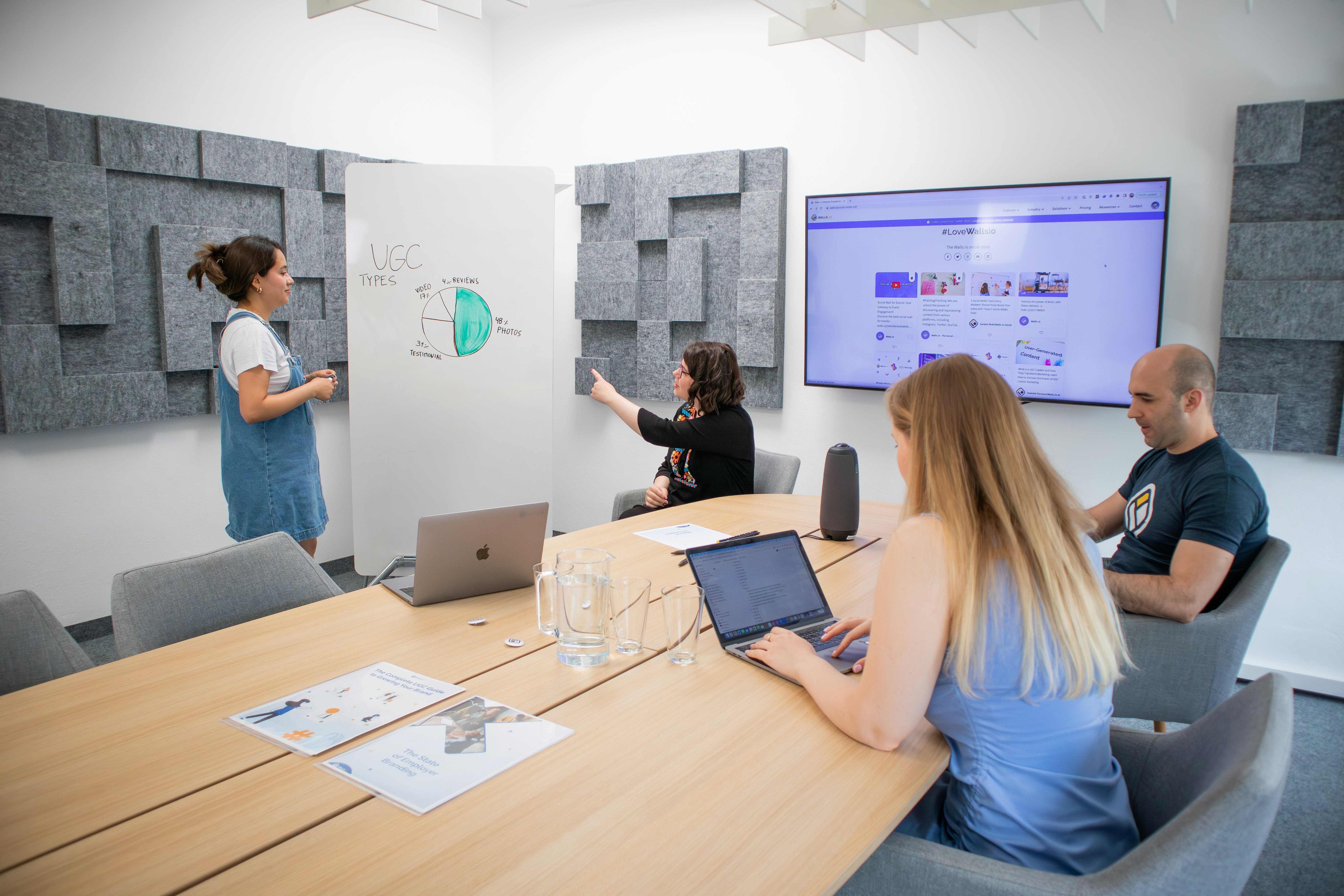
Professional Analyst Training Programs
Comprehensive courses designed to build analytical capabilities across customer insights, competitive intelligence, and user research methodologies.
Return HomeOur Training Methodology
Each program combines theoretical foundations with practical application, ensuring participants develop skills that transfer effectively to professional analytical work.
Structured Progression
Carefully sequenced modules that build foundational knowledge before advancing to complex analytical techniques and frameworks.
Real-World Application
Work with actual business scenarios and datasets that reflect the complexity and ambiguity of professional analytical contexts.
Expert Guidance
Learn from practitioners who maintain active roles in analytical fields and bring current industry perspectives to instruction.

Customer Experience Analytics
Transform customer interactions into actionable insights for improving satisfaction and loyalty. This program covers journey mapping techniques, touchpoint analysis, and voice of customer methodologies.
What You'll Learn
- Journey mapping and touchpoint analysis methodologies
- NPS measurement and customer effort scoring techniques
- Sentiment tracking across multiple customer channels
- Behavioral segmentation and cohort analysis approaches
- Predictive churn modeling and customer health scoring
Competitive Intelligence Methods
Gather and analyze competitive information to inform strategic business decisions. This course covers market monitoring techniques, competitor profiling, and strategic analysis frameworks.
What You'll Learn
- Market monitoring and competitor profiling techniques
- Patent analysis and technology scouting methodologies
- Pricing intelligence gathering and analysis approaches
- Early warning systems development and implementation
- Competitive response playbooks and strategic positioning


User Research and Testing
Master qualitative and quantitative research methods for understanding user needs and behaviors. This comprehensive program covers interview techniquesbility testing protocols, and survey design best practices.
What You'll Learn
- Interview techniques andbility testing protocols
- Card sorting, tree testing, and A/B testing methodologies
- Diary studies and contextual inquiry approaches
- Research data analysis and persona development
- Creating actionable insights and research repositories
Course Comparison Matrix
Compare program features to determine which course aligns with your professional development objectives and analytical focus areas.
| Feature | Customer Experience | Competitive Intelligence | User Research |
|---|---|---|---|
| Duration | 8 weeks | 10 weeks | 7 weeks |
| Investment | ¥47,000 | ¥52,000 | ¥43,000 |
| Primary Focus | Customer insights | Market intelligence | User understanding |
| Ideal For | CX professionals, Product managers | Strategy analysts, Business development | UX researchers, Product designers |
| Technical Level | Intermediate | Intermediate to Advanced | Beginner to Intermediate |
| Hands-on Projects |
Professional Standards and Protocols
All programs adhere to established analytical standards and incorporate industry-recognized methodologies.
Methodological Rigor
Our curriculum incorporates methodologies recognized by professional analytical associations. Courses emphasize systematic approaches to data collection, analysis, and interpretation that align with established best practices.
- Research design principles and study planning
- Data quality assurance and validation procedures
- Ethical considerations in analytical work
Quality Assurance
Programs undergo regular review to ensure content remains current and relevant. We incorporate feedback from participants and industry practitioners to refine curriculum and instructional approaches.
- Regular curriculum updates and refinement
- Participant satisfaction monitoring and improvement
- Industry alignment and standards compliance
Tools and Technologies
Participants gain exposure to industry-standard analytical tools and platforms used in professional contexts.
Data Analysis Platforms
Work with statistical analysis software and visualization tools commonly used in analytical roles.
- Statistical analysis software
- Data visualization platforms
- Survey design and analysis tools
Research Tools
Learn methodologies applicable across various research platforms and data collection systems.
- bility testing platforms
- User feedback systems
- Research repository management
Collaboration Systems
Utilize communication and documentation tools that facilitate analytical work in team environments.
- Project management platforms
- Documentation and knowledge sharing
- Presentation and reporting tools
Course Combinations and Pathways
Participants may complete multiple courses to build comprehensive analytical capabilities across different methodological areas.
Integrated Analytical Approach
Combining courses provides exposure to multiple analytical perspectives. For example, customer experience analytics pairs well with user research methods, while competitive intelligence complements strategic planning capabilities.
Participants who complete multiple programs often report enhanced ability to approach business problems from various analytical angles.
Sequential Learning Paths
Some participants pursue courses sequentially to build progressively sophisticated analytical skills. We can provide guidance on course sequencing based on professional objectives and current skill levels.
Contact our team to discuss optimal learning pathways for your specific development goals.
Frequently Asked Questions
Common questions about our programs, enrollment, and learning experience.
Ready to Begin Your Analytical Development?
Connect with our team to discuss course options, upcoming cohorts, and enrollment procedures.